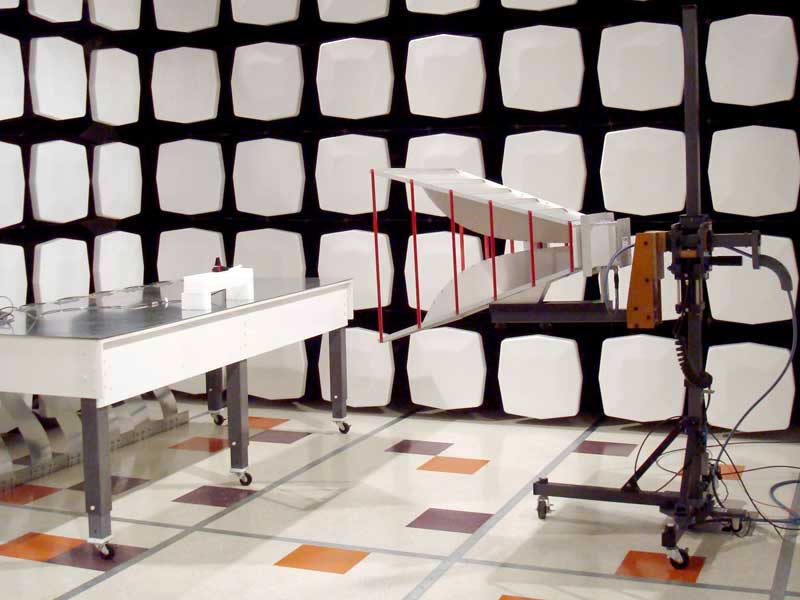Events
Fundamentals of Electromagnetic Compatibility
Description

Nearly all electronic systems are required to meet electromagnetic compatibility (EMC) requirements before they can be sold or offered for sale. For many automotive, aerospace and industrial systems, electromagnetic compatibility is a product safety issue as well as a product compliance issue. Systems with printed circuit boards that are auto-routed or laid out according to a list of “design rules” do not usually meet electromagnetic compatibility requirements. These systems are likely to require multiple trips to the test lab and expensive "fixes" such as ferrites on cables or extensive shielding.
Product engineers with a basic knowledge of important EMC fundamentals can easily avoid many of the most common design mistakes that result in EMC test failures. This 12-hour course is designed to introduce these fundamental concepts to circuit designers, board layout professionals, test engineers or anyone with an interest in ensuring that electronic systems meet their EMC requirements. The course stresses the fundamental concepts and tools that electronics engineers can employ to avoid electromagnetic compatibility and signal integrity problems. Students completing the course will be able to make good decisions regarding board layout and system design for EMC. They will also be well prepared for advanced courses in electromagnetic compatibility that require students to have a basic grasp of important fundamental concepts.
